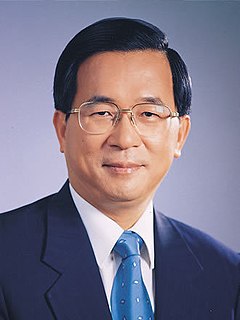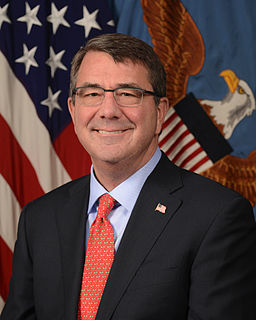A Quote by Joshua Wong
Beijing's imperial reach extends far and wide, from Taiwan and Xinjiang to the South China Sea and beyond.
Related Quotes
There's a national ambition, a collective, in a sense, political ambition, which I think is the thing we see from far away. That's the fact that China's building roads and airports and extending its reaches out into the East China Sea and the South China Sea, and in a way that's putting it into some tension with its neighbors.
Well it did not make excessive sense to say that 20 million people are the recognized government of a billion people that have their own institutions. We did not change it in the sense that we said this has to end, but there was a U.N. vote that transferred the legitimacy of China from Taiwan to Beijing. Beijing was recognized as the government of all of China. Then, under President Carter, we followed what the U.N. had already done eight years earlier.
It can be argued - and rightly - that Taiwan is not just another regional issue: after all, the Chinese regard it as part of China. But Taiwan is also a regional issue for three reasons. First, the overthrow or even the neutering of democracy in Taiwan, which is what Beijing effectively demands, would be a major setback for democracy in the region as a whole. Second, if the Chinese were able to get their way by force in Taiwan, they would undoubtedly be tempted to do the same in other disputes. And third, there is no lack of such disputes to provoke a quarrel.
The redwood is the glory of the Coast Range. It extends along the western slope, in a nearly continuous belt about ten miles wide, from beyond the Oregon boundary to the south of Santa Cruz, a distance of nearly four hundred miles, and in massive, sustained grandeur and closeness of growth surpasses all the other timber woods of the world.
China is ruthlessly pragmatic. It supports North Korea for its own selfish interests. And I believe that China no longer considers us an ally. The current president, Xi Jinping, cultivates close relations with South Korea. He has never met with me, the leader of North Korea, something that the leader of China has always done. At the grand celebrations in Beijing two years ago commemorating the 70th anniversary of the end of World War II, he placed the president of Russia and the president of South Korea at his side. In North Korea, we pay a lot of attention to ceremonies and what they signal.




































